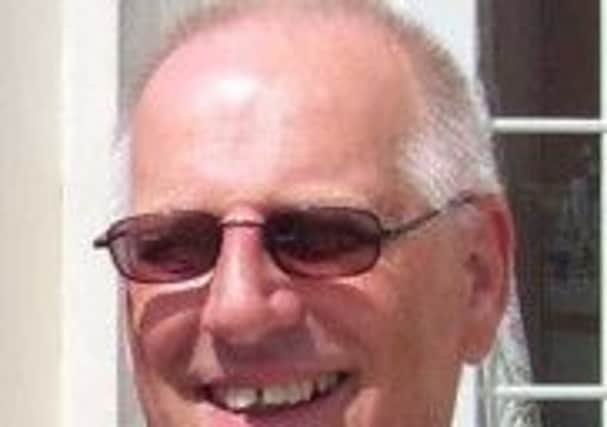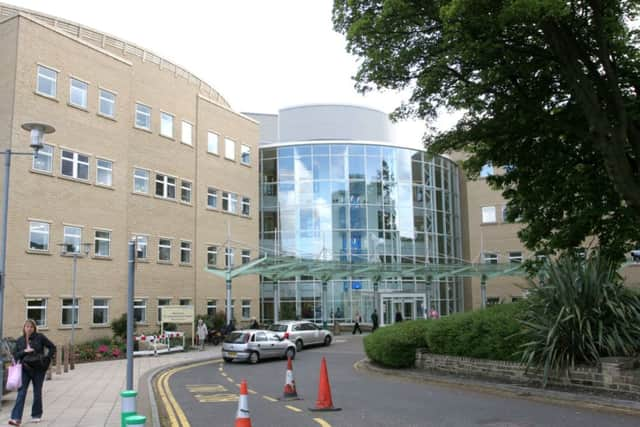Commission urges health reforms


The 32-page document entitled Improving Healthcare Together offers 15 recommendations for local health providers and commissioners, including calls to restructure the debt at Calderdale Royal Hospital, for patients to be put before finances and for health bosses to work more closely with the council’s Health and Wellbeing Board.
The council meeting, held at Halifax Town Hall, heard from the Commission’s independent chair Professor Andrew Kerslake (pictured) of Oxford Brookes University who spoke to the full council and members of the public about the report’s findings.
Advertisement
Hide AdAdvertisement
Hide AdProf Kerslake told the meeting: “We always have a tendency to hark back to a golden age - however the days of a gruff but kindly GP as in Dr Finlay’s Casebook is about as close to the current health service as Dixon of Dock Green is to modern policing.


“We all know that times have changed - surgery, medicines, equipment and techniques have all advanced dramatically,” he said.
“The level of healthcare we have now wasn’t available 25 years ago, but of course all that comes with a pricetag.”
He told the meeting that we have a health service that is very good at keeping people alive, but that seriously ill patients’ quality of life has not seen much improvement for a long period of time.
Advertisement
Hide AdAdvertisement
Hide AdHe said that this is likely to get more pronounced as the number of elderly people living in Calderdale increases over the coming decades.
“Calderdale currently has 9,200 people aged 80 and over, by 2030 there will be 15,400 - that’s a 60 per cent increase in the number of people aged 80 and over,” he said.
“Emergency hospital admissions by people over 65 have increased year-on-year since 2001 by around 46 per cent.
“If the rate of growth continues, I can’t see any political party proposing to spend the amount of money that would take.
Advertisement
Hide AdAdvertisement
Hide Ad“At some point we’ll have to address how we can reduce demand rather than pretend we can always beat it.”
He said that the proposals presented by the Trust in its Outline Business Case “simply didn’t add up.”
“The financial modelling is unconvincing; it outlines problems at the start of the document, but does not show how it would resolve those issues; it says that planned care will require far fewer beds, but no data is presented extrapolating current planned care over how many bed-days are needed at that hospital,” he said.
“We agree with the Clinical Commissioning Group that other options need to be explored, they need to be evidenced and they need to be presented.”
Advertisement
Hide AdAdvertisement
Hide AdHe explained that many of the issues facing accident and emergency departments, both locally and nationally, are that there are too many gaps in out-of-hours health provision, or that patients are unaware of the services available to them locally.
“Up to a third of A&E patients could have been dealt with elsewhere, but the critical word here is ‘could’,” he said.
“Few people go to A&E because it makes a good outing.
“However, if you have a condition which you feel requires treatment now and other services are not available - or people believe the services are not available, which is equally important - then you will turn up at the one service that is 24 hours a day,” he said.
He recommended that elected councillors should take a leading role in bringing together the various organisations with a stake in local health and social care provision.
Advertisement
Hide AdAdvertisement
Hide Ad“The Health and Wellbeing Board is the right body to bring together all these organisations in the health and care sector and can ensure that any decisions made are evidence-based and take forward the recommendations of the Commission,” he said.